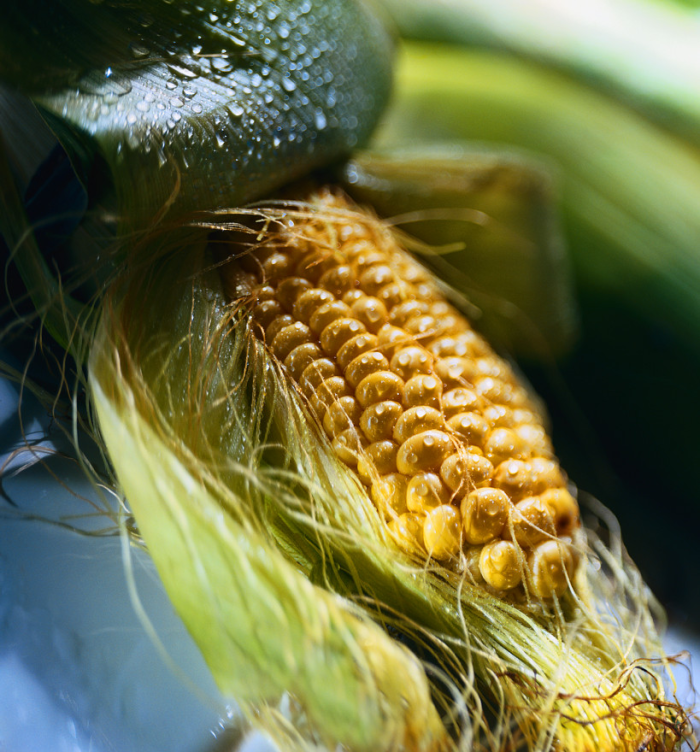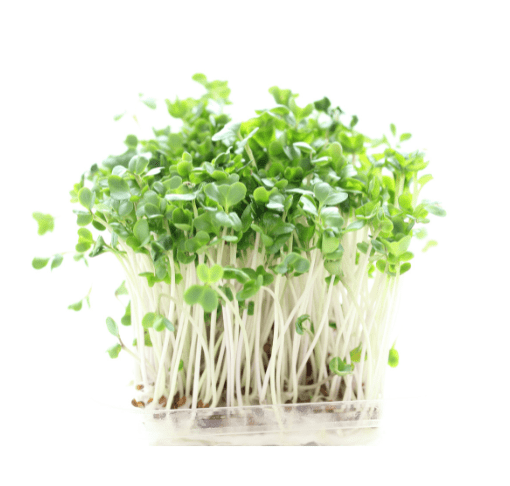Why is our food quality so bad? Blame the consumer, not the system. The American food system is simply supplying what the American consumer is demanding. If you don’t want it or like it, don’t buy it. There are always alternatives – maybe not as cheap or convenient, but they are there…be aggravated enough to search. ~Safdy The Consequences of Fast Food Today, everything seems to feed off corn and soy: fish farms, animal feed, and packaged food for humans. That is because corn and soy crops are efficient and cheap to produce. Corn and soy are efficient transformers of sunlight, […]
Update: We were overruled by customer feedback asking for boil-soak pouches, and our position has since changed. In 2020, we transitioned all meals to heat-safe and waterproof pouches. You can add either boiling water/cold water to rehydrate meals in the pouch. For hikers that prefer to use actual dishes for eating, please use the pouch for your waste. While our new packaging is less compact than before, it is smaller than other brands. You can see it here. Cook in Bag We use this term to describe the enormous backpacking meal pouches designed for reconstituting the meal and as the serving container. […]
Capitalism abounds when you eat mass-produced processed food brands It is no surprise that in a capitalistic society our food system has devoted its energies to increasing production yields so it can sell food as cheaply as possible. Clearly, making a profit is necessary to sustain a business — as is creating efficiencies to maximize profit. But, advantages can also be realized when food is grown sensibility and responsibly. Organically produced and minimally processed food have paved the way. Unfortunately, the more responsible option is the more expensive option — until it becomes normalized. Drugged up Have you ever considered who profits […]
Many people are choosing organic food as they become more concerned with the relationship to the food they eat to that of their own health and the environment. Here you’ll find some of the reasons that convinced us in purchasing organic. We are happy to be in a position to share this information and pass these products on to you. Organic As nature and animal lovers, Outdoor Herbivore feels very strongly about supporting organic farming practices. We think organic agriculture is the most responsible way to nurture our land and body. That is why 75 percent or more of our ingredients […]
The proven cancer-preventer, sulforaphane, is present at extraordinary levels in broccoli sprouts. Sulforaphane is an antioxidant that protects cells from harmful free radicals associated with cancer and heart disease. Sulforaphane is present in cruciferous vegetables such as broccoli, cauliflower, cabbage, and kale. The highest concentrations of sulforaphane are in broccoli sprouts. They contain 20-50 times more sulforaphane than a serving of regular broccoli. Growing Sprouts Many people do not attempt to grow sprouts because they think it is difficult or time-consuming. Growing sprouts is very easy to do. Simply soak the seeds in water overnight to start the germination process then […]




